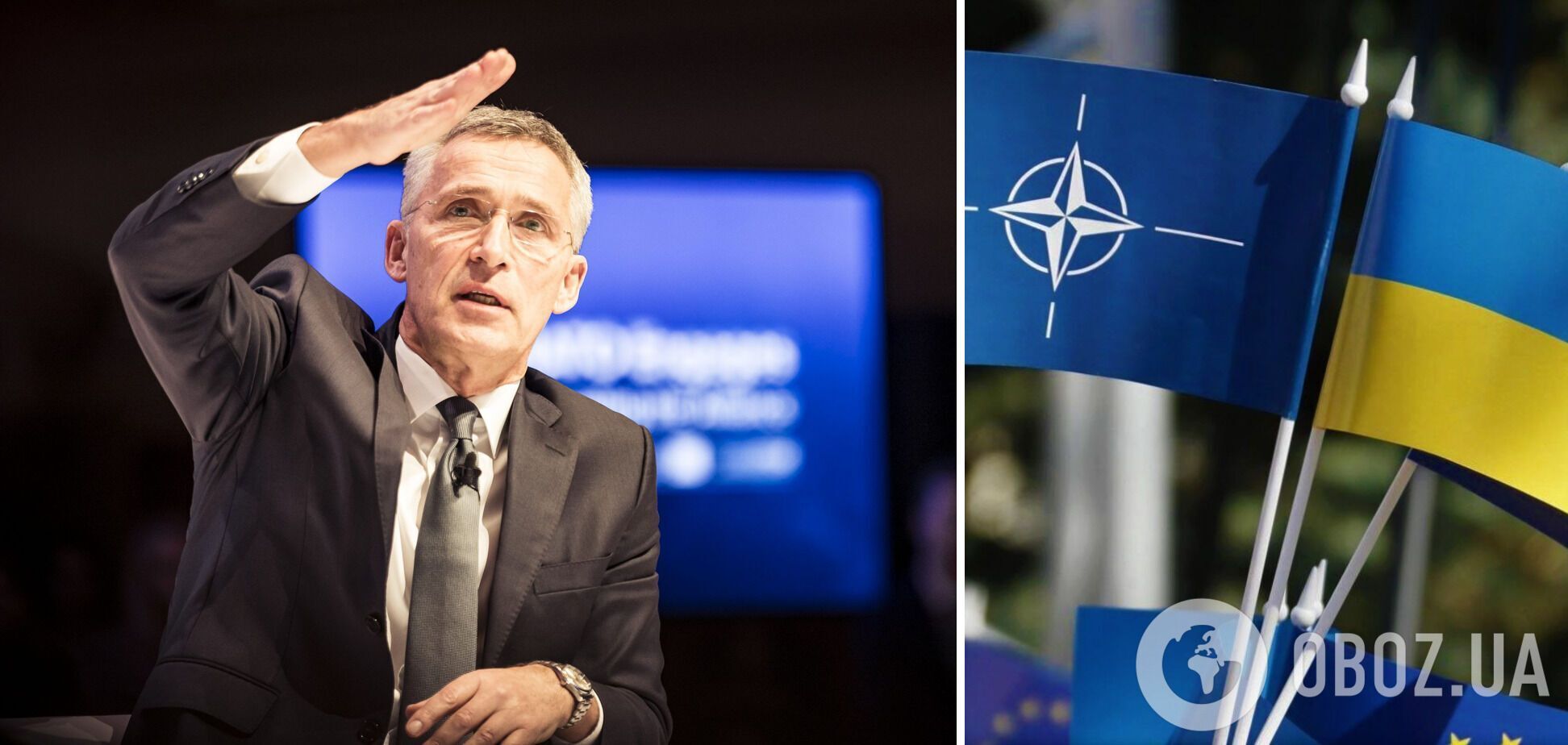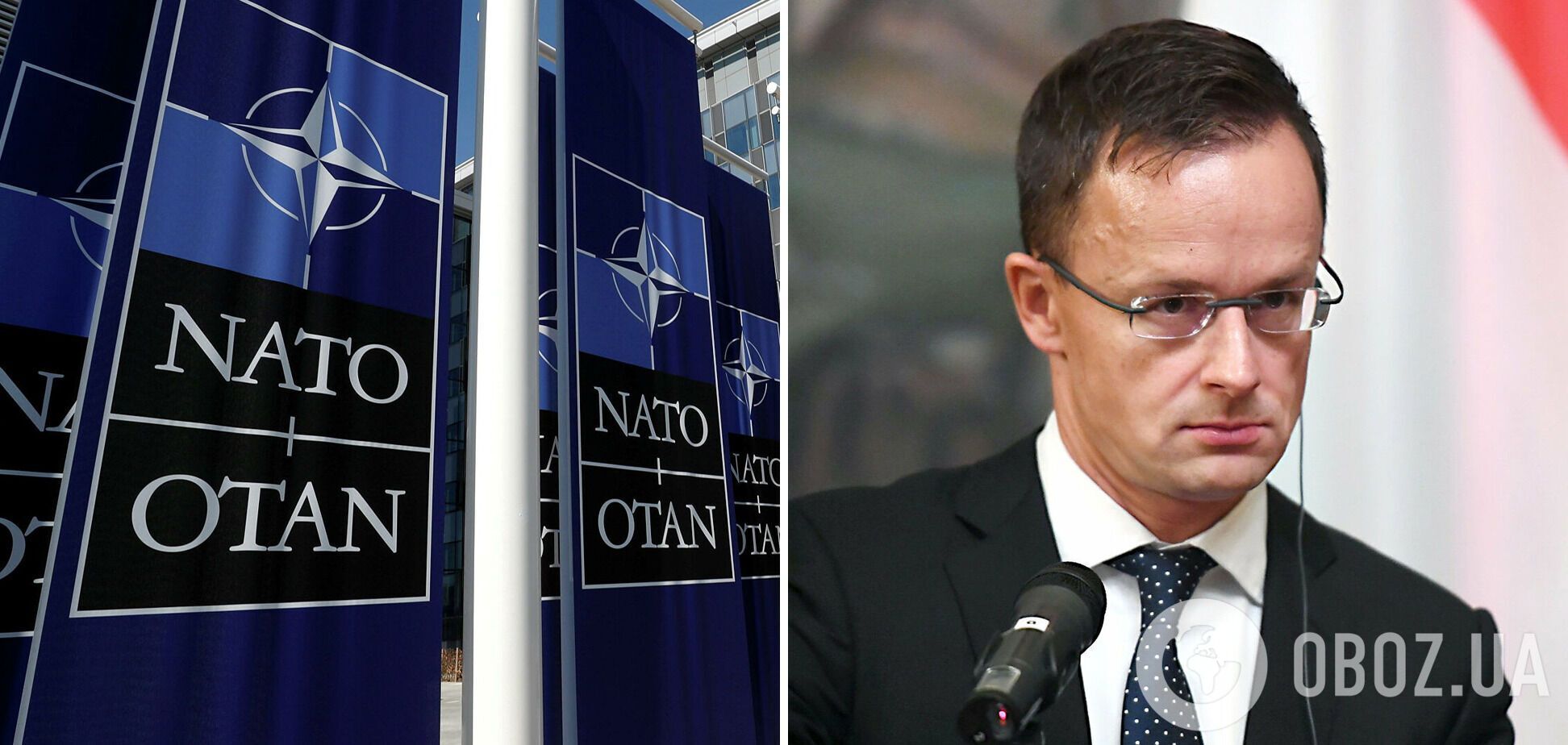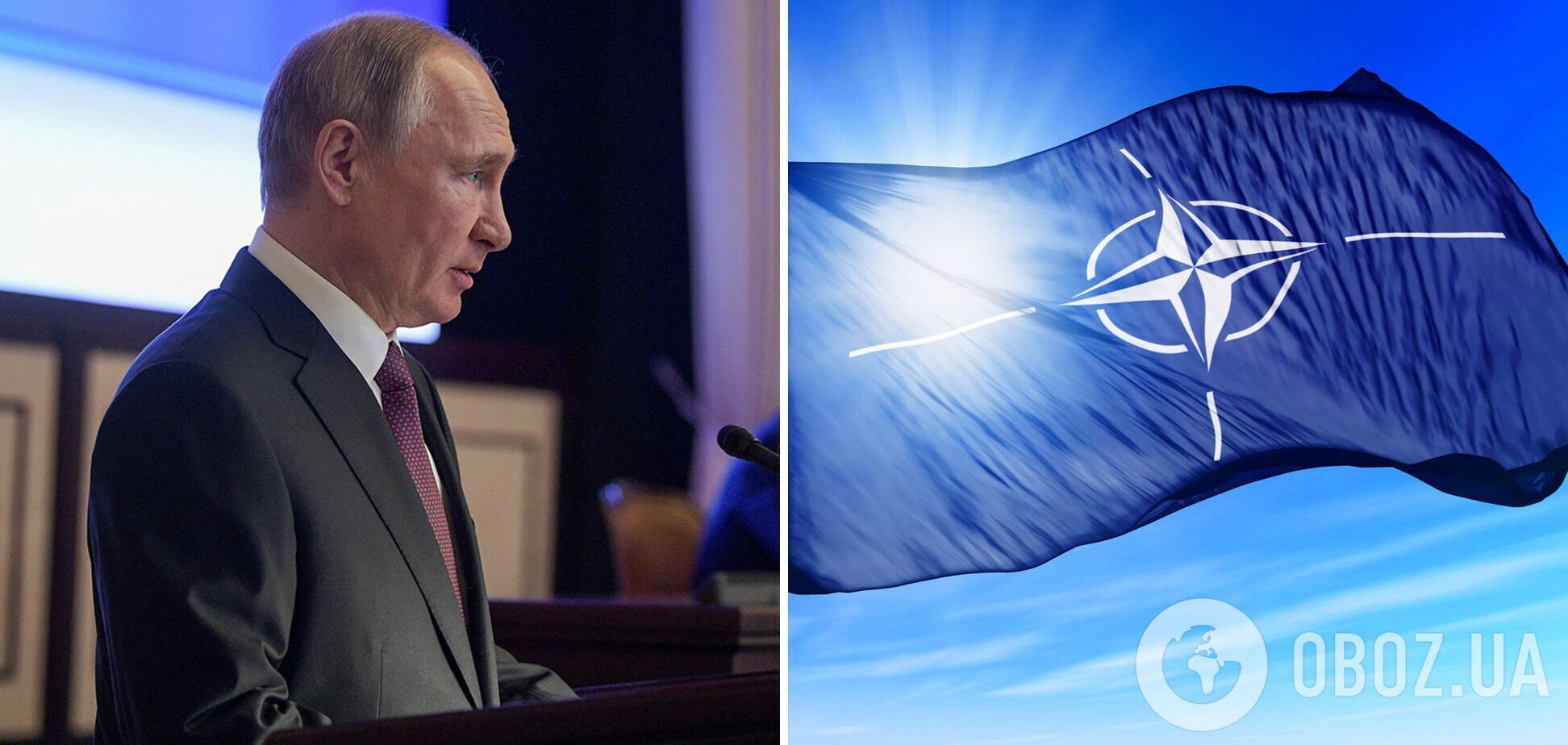Negotiations on Ukraine’s accession to NATO have been going on for over ten years. And despite the constant assurances of support, members of the organization have not yet set a clear time frame for the submission of the Membership Action Plan – the first stage of Euro-Atlantic integration. The Alliance explains it lack of consensus within the organization: they say, some countries are against the adoption of our country.
Which states do not want to see Ukraine in NATO – says OBOZREVATEL.
What happened?
On the American TV channel HBO journalist Jonathan Swan asked NATO Secretary General Jens Stoltenberg a few thorny questions about Ukraine. In particular, about the country’s entry into the Alliance and Russian aggression.
“Zelensky wants real full protection from Russia,” the journalist noted. “Ukraine was promised NATO membership back in 2008, but nothing happened. They were attacked, their territory was seized … It is still occupied by Russia.”
 –
–
The secretary general replied that since Ukraine is not part of the organization, it is not subject to the provision on collective defense (Article 5 of the North Atlantic Treaty).
“To be a member of NATO, you need to meet NATO standards. We help them with modernization, fighting corruption, but for the country to become a full-fledged member, on all 30 members of the Alliance must agree to this, but we do not have a consensus on inviting Ukraine to join“, – explained Stoltenberg.
Who is supporting Ukraine?
Against the background of the aggravation of Russian aggression in Donbass, Ukraine has a large number of supporters on the issue of joining NATO. Among them:
“I think we need to continue to support Ukraine and Georgia, and not only because of problems with territorial integrity, we also need to resist attacks on their potential and support their movement towards NATO,” Turkish Foreign Minister Mevlut Cavusoglu said.
“Ukraine has been trying for 15 years to join NATO by obtaining a Membership Action Plan. Apparently, it is high time to present this Plan to Ukraine. This will be at least a signal from us that the Ukrainians will not be left without support. I will unequivocally support such a decision.” said Foreign Minister Edgar Rinkevich.
“The promises we made to Ukraine and Georgia must be kept. Let me remind you that we made promises at the 2008 Bucharest summit regarding the prospects for membership,” said President Gitanas Nauseda.
“The issue of Ukraine’s joining NATO has been on the agenda since 1998. One day it will happen. This country is doing everything possible to achieve the required goals,” said Polish Deputy Foreign Minister Marcin Przydach in June.
“We will continue to support Ukraine’s Euro-Atlantic aspirations and advance its priority on the EU and NATO agendas,” the country’s foreign policy strategy says.
“We are interested in Ukraine’s accession to the European Union, where our countries could become ideal partners. In addition, Greece, as a NATO member, helps Ukraine to strengthen its defense capabilities, in particular in the Black Sea region, and also supports Ukraine’s accession to NATO in fulfilling necessary conditions, “- said the head of the Greek Foreign Ministry Nikos Dendias.
Who is opposed to Ukraine’s membership?
Internal negotiations on the entry of any countries into the Alliance are kept secret. But representatives of some states openly express their unwillingness to side with Ukraine on the issue of NATO membership. We are talking about a group of countries that are focused on cooperation with Russia: first of all, France, Germany, Hungary.
For example, in 2018, Hungarian Foreign Minister Peter Siyarto said that his country would block Ukraine’s entry into the Alliance due to allegedly linguistic oppression of national minorities in Transcarpathia. “We do not demand any additional rights for the Hungarians in Transcarpathia – only those that they had before,” he said.
Then the reason for the indignation of the Hungarian side was the adoption of a new law on education. It determines that the language of the educational process in educational institutions is the state language, but in accordance with the program, one or more disciplines can be taught in two or more languages. Hungary, along with Russia, criticized the document because it allegedly restricts the rights of national minorities.
 –
–
Reacts with restraint to the Euro-Atlantic aspirations of Ukraine and the authorities of Germany. In April, federal government spokesman Ulrike Demmer called our country “a very valued and long-term NATO partner” and stressed that the Alliance itself adheres to an “open door policy”, but “further steps towards membership are not on the agenda right now.”
Olaf Scholz, the candidate for Chancellor of Germany, does not see any prospects for membership in the near future. “I think that it is necessary to establish proximity to the EU for Ukraine and I would like to add that now there is no opportunity for it to join NATO,” the politician said.
Previously, Italy did not support the Euro-Atlantic aspirations of our country. In 2016, Foreign Minister Paolo Gentiloni called on the West to reassure Russia that the prospect of Ukraine joining NATO was unrealistic. It is worth noting that in 2021 the point of view of the Italian Foreign Ministry is radically changed.
“I believe that Russia should receive assurances on one point, namely that Ukraine’s joining NATO is not a realistic prospect. But it is in its nature that NATO is defending its own borders. that he has no aggressive intentions, “said Gentiloni.
And recently ex-President of Estonia Kersti Kaljulaid spoke about the prospects of Ukraine’s membership in NATO. According to her, the entry is possible only after the de-occupation of the territories. “We must first wait for the turn of history,” said the Estonian politician.
Russia is the main enemy
It is obvious that the Russian Federation is the main opponent of Ukraine’s Euro-Atlantic aspirations. Vladimir Putin has repeatedly promised to “respond proportionately” to “aggressive” steps that allegedly pose a threat to his country.
The head of the Kremlin believes that the weapons of the Alliance can allegedly be used not only for defensive purposes, and notes that now NATO missiles in Romania and Poland need 15 minutes to reach central Russia.
 –
–
“I have no doubts that if the rapprochement between Ukraine and NATO continues further, everything that is necessary will be done in Russia,” Kremlin spokesman Dmitry Peskov said recently.
Apparently, most of Ukraine’s NATO partners do not pay too much attention to threats from Russia. The Alliance strongly emphasizes that despite the objections of the Kremlin, it is not for it to decide when and how Kiev will join the Alliance. “The Russian Federation has nothing to do with this decision,” said NATO Secretary General Jens Stoltenberg.
A much more important issue is the implementation of reforms and the fight against corruption. This is precisely what US President Joe Biden and NATO Secretary General Stoltenberg emphasize when speaking about the prospects of our country’s membership in the Alliance.
–

